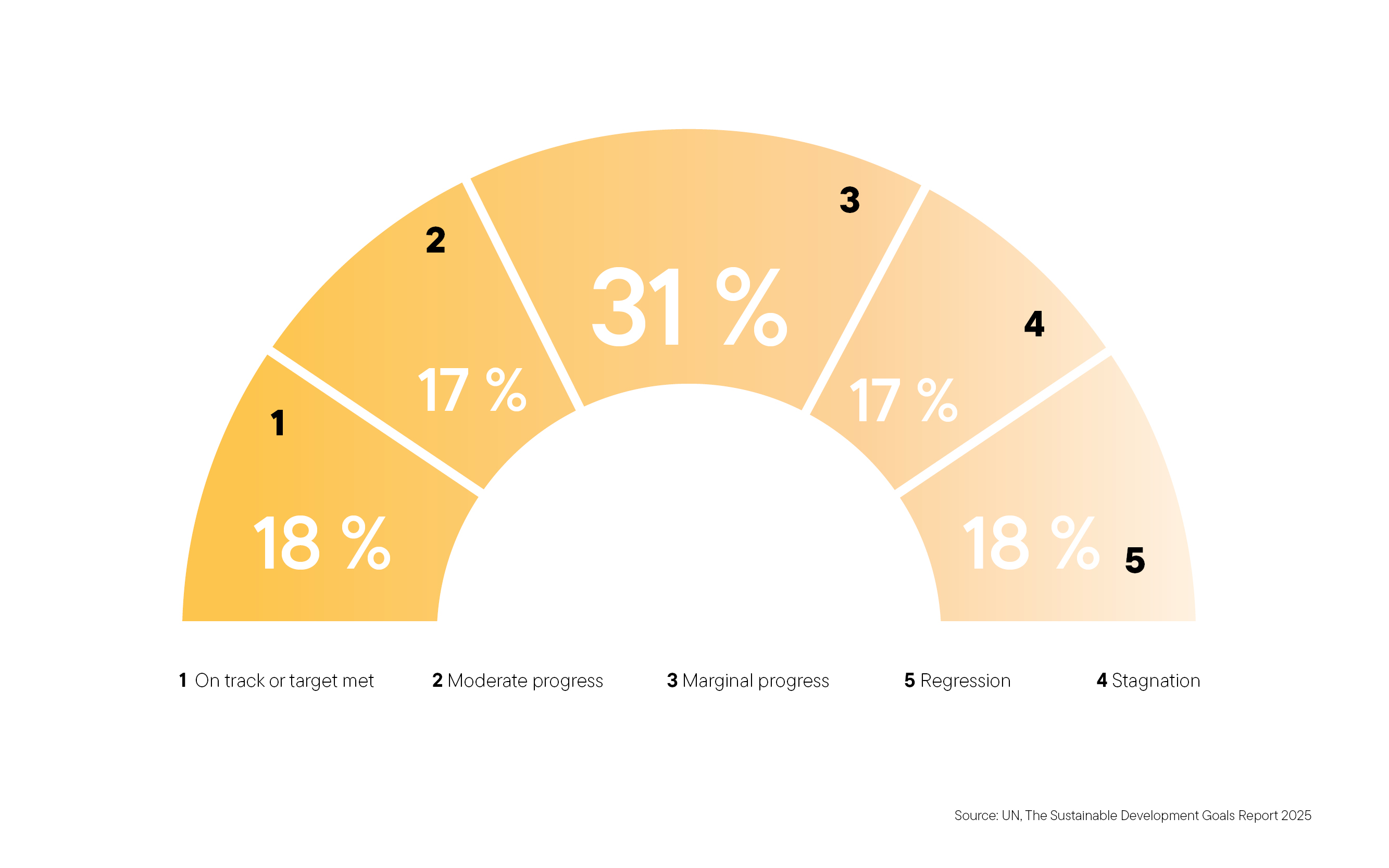Ozone agreement helps address climate change
The 19th Conference of Parties (COP) to the Montreal Protocol on substances that deplete the ozone layer came to a successful conclusion at the end of September in Canada. Participants agreed to speed up the phase-out of hydrochlorofluorocarbons (HCFCs) by a decade. Mostly used as refrigerants, HCFCs were introduced after the global ban on CFCs as a less ozone-depleting alternative. HCFC production has increased dramatically in recent years, especially in emerging economic powerhouses like China and India, which have so far blocked any acceleration of the phase-out schedule. In that sense, the Montreal agreement is seen as a real breakthrough. Developing countries must now discontinue the production and use of HCFCs by 2030 (instead of 2040); the deadline for industrialised countries is 2020 (formerly 2030). HCFCs contribute to climate change. Therefore, experts also see the COP resolution as a major step forward in addressing this problem. Some estimate that the earlier ban could cut greenhouse gas emissions by as much as 30 billion tons – which is a great deal more than the reduction achieved under the Kyoto Protocol. (ell)







